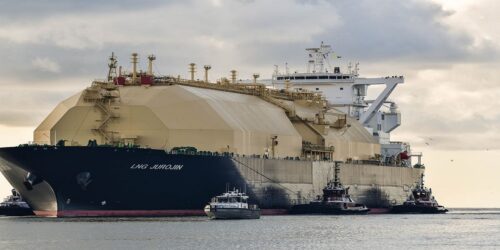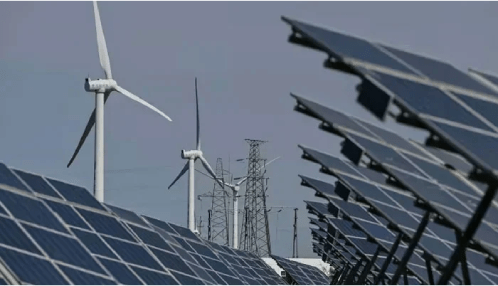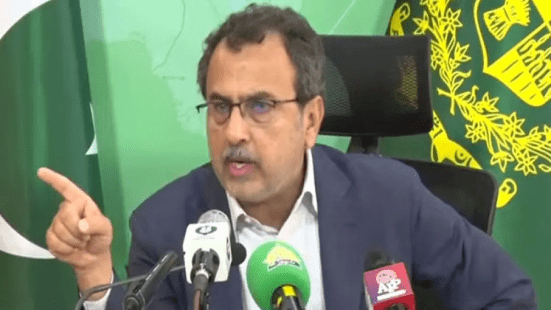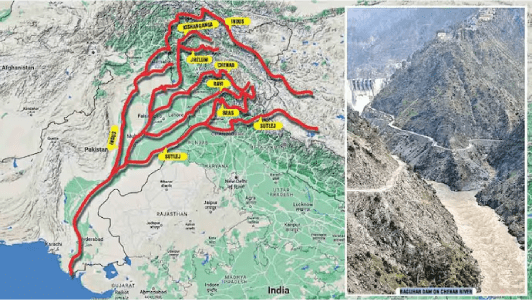The suppliers gave a lukewarm response to the tender issued by the Pakistan LNG Limited (PLL), as only one supplier, Vitol Bahrain, made the offer for one cargo to be supplied in July 2021, a statement issued by the company said on Tuesday.
Earlier, Pakistan LNG Limited had invited bids for the supply of two LNG cargoes of 140,000 cubic meters each to be delivered on July 8 to 9, 2021, and July 12 to 13, 2021. The bids were opened on June 8.
However, just one supplier Vitol Bahrain participated in the bidding and offered to provide one LNG cargo for July 8 to 9 delivery window at the rate of $12.77/MMBtu.
In its last tender that opened on June 2, 2021, Pakistan LNG Limited had received the lowest offer of $10.293/MMBtu for the cargo to be delivered on July 28 to 29, 2021 by BP Singapore. The highest offer was $11.98/MMBtu for August 27 to 28, 2021 delivery by Trafigura.
Earlier this year, the LNG price had jumped to the highest level, and even suppliers refused to deliver the committed volumes. However, a new wave of the Covid-19 pandemic has now hit the entire world and restrictions have badly affected the LNG demand.
According to S&P Global, LNG prices hit double-digit levels for summer procurement, as China recovery drives energy price surge, but regional uncertainties remain.
Since April this year, the LNG importers sought open tender in fixed dollar rate instead of the historic pattern of inviting bids in Brent Crude slope as defined in the percentage of oil price.
Except for a few emergency tenders a couple of months ago, PLL had always sought bids as a percentage of Brent Crude price and with longer terms for bidding, bid evaluation, award of contract, and holding bidders for a longer period.
This resulted in various forms of limitations and higher bid prices, as suppliers had to hold on to their ships and LNG. This was unlike the private spot players who could make final decisions on short notice.
Economists have been expecting this post-Covid rebound, and the bullish factors supporting energy prices have come together rapidly, including the so-called great demand rotation, as consumers return less permanent damage to discretionary spending than expected and fiscal policies that helped businesses pull through.
However, despite the accelerated recovery, the pandemic-hit supply chains have not fully recovered; factories are still struggling to restore shipments of raw materials, oil and gas projects are still struggling to bring in technicians and engineers for repairs on time, and capital spending has not fully normalized all of which are exacerbating the price squeeze and commodity price inflation.







